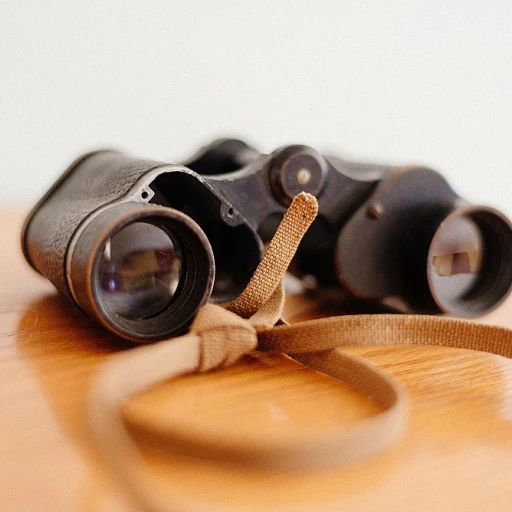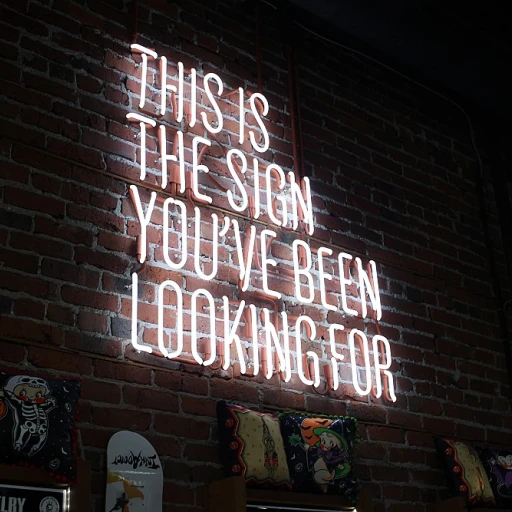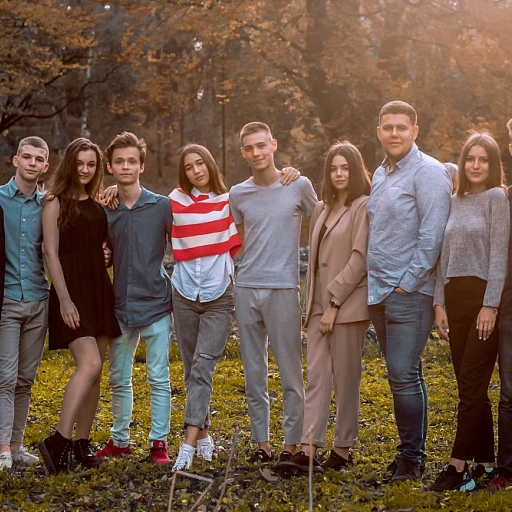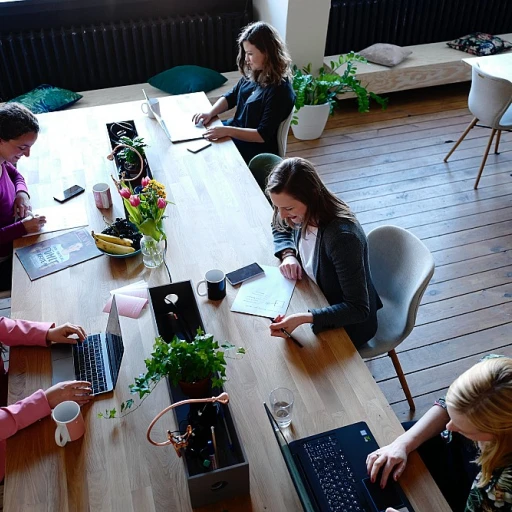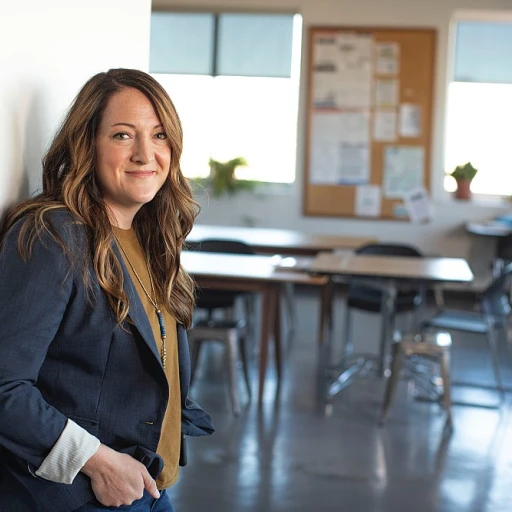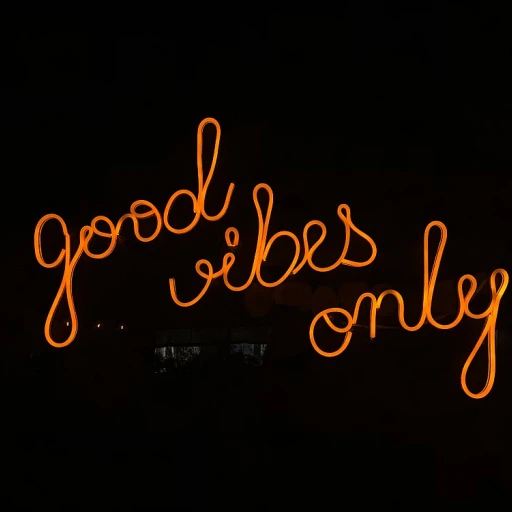
Understanding the Importance of a Second Interview Thank You Email
The Significance of a Grateful Gesture
After your second interview, sending a thank you email is more than just a polite gesture—it's a critical part of your job search strategy. This step is essential in demonstrating your keen interest in the role and in maintaining a strong connection with your potential future employers. Why is a thank you email crucial? It can reinforce your enthusiasm for the opportunity and leave a lasting impression on the interviewer. This post-interview communication allows you to reiterate your appreciation for the time invested by the company and the insights shared during the process. Sending a thank you note is also an excellent opportunity to address any questions that may have not been fully answered during your conversation. It gives you a chance to highlight aspects of your professional experience that align with the role, which might not have come up during the interview. By writing a thoughtful note, you consistently remind the hiring manager of your capabilities and suitability for the position. Furthermore, a well-crafted thank you message can set you apart from other candidates who may overlook this step. In today’s competitive job market, showcasing professionalism and attention to detail is vital. Crafting your thank letter carefully indicates that you are serious about joining the team and are forward-thinking about your future with the company. Writing and sending a thank you email should not be viewed as merely a formality, but rather as a strategic move in solidifying your position in the selection process. For more on how to view this stage in a broader context, you might consider exploring the role of a screening interview in career transitions to understand foundational steps better; for more information, visit here.Key Elements to Include in Your Thank You Email
Essential Components to Enhance Your Message
When composing a thank you email after your second interview, it's crucial to focus on key elements that will set your note apart and leave a lasting impression on the hiring manager. Here’s what to include:- Personal Greeting: Always address your note to the specific interviewer or decision-maker, using their preferred name. This establishes a direct connection and shows attention to detail.
- Express Gratitude: Start your email by thanking them for the opportunity to interview for the role. Be genuine and highlight your appreciation for the chance to discuss your qualifications and the company's goals.
- Highlight Key Discussions: Reference specific parts of your conversation. For example, mention a particular question or company value discussed, showing that you were engaged and attentive throughout the interview process.
- Reaffirm Interest: Make it clear that you are enthusiastic about the opportunity and see yourself as a great fit. Reiterate how your skills align with the job requirements and company culture.
- Include Contact Information: Don't forget to add your phone number or LinkedIn profile, making it easy for the interviewer to follow up and keep the lines of communication open.
Personalizing Your Message for Maximum Impact
Crafting a Personalized Thank You Message for Success
Sending a thank you email after your second interview is a critical step in the job search process. It's an opportunity for you to express gratitude for the opportunity and reiterate your interest in the role and the company. A generic thank you note, while still appreciated, may not have as much impact as a personalized message tailored to your specific interview experience.
Start by referencing specific elements of your interview to make your thank you note stand out. This could include mentioning a particular point of discussion, a challenge the company faces, or a question that was addressed during your conversation. By doing so, you demonstrate not only that you were paying attention but also that you value the opportunity to learn more about the organization. Tailoring your message in this way helps to reinforce your enthusiasm for the role.
Next, consider how your individual skill set aligns with the company's needs. This is your chance to reiterate why you are the perfect fit for the team. Highlight any specific skills or experiences discussed in the interview that make you the ideal candidate. This approach will not only make your thank you email more memorable but will also help to remind the interviewer of your suitability for the position.
Finally, keep your tone professional yet conversational. Avoid using overly formal language or expressions that might come across as insincere. A warm yet professional tone can help establish a lasting positive impression, making it easier for the interviewer to picture you as part of their team.
When crafting your thank you email, also be mindful of the other elements discussed earlier, such as ensuring all key elements are included and avoiding common mistakes. A well-balanced message that resonates personally with the interviewer will reinforce your interest and professionalism, keeping you top of mind as the hiring process continues. If you're considering if using your personal email on your resume is a good idea, it's always best to evaluate how it fits into your broader job search strategy.
Common Mistakes to Avoid
Steer Clear of Common Pitfalls
Crafting a thank-you email after your second interview is an art that requires attention to detail and a keen understanding of the professional etiquette involved. It's crucial to avoid certain common mistakes that could derail your job search efforts. One major error is sending a generic thank email that doesn’t reflect the specificity of your experience with the interviewer or the company. Tailor your message by referencing particular topics discussed during the interview. This demonstrates your attentiveness and enthusiasm for the role. Moreover, sprinkle a professional tone throughout your note. While it’s tempting to relax the formality after a second interview, maintaining a respectful tone is essential. Remember, the hiring manager will consider your email as part of their assessment. Timing is another factor that can impact the success of your thank email. Sending thank letters too late can give the impression that the opportunity is not a priority for you. Aim to send your email within 24 hours post interview to keep your candidacy fresh in the interviewer’s mind. Clarity and conciseness are your allies. Avoid overwhelming the recipient with lengthy notes. Instead, get straight to the point: thank them for their time, express your interest, and highlight how your skills align with the company’s needs. Lastly, ensure that your email is free of grammatical errors. A thank email with mistakes can diminish your professional image. Take the time to proofread before hitting send.Sample Thank You Email Template
{"":"A Practical Example of a Thoughtful Thank You Note
A well-crafted thank you email not only leaves a lasting impression but also reinforces your interest and enthusiasm for the job opportunity. Here is a structured template to guide you in writing your own thank you email after a second interview:
Subject: Thank You for the Opportunity
Hi [Interviewer's Name],
I hope this message finds you well. I wanted to extend my heartfelt thanks for the opportunity to interview for the [Role] position at [Company]. It was a pleasure meeting with you and the team again to delve deeper into the role and discuss how I can contribute in meaningful ways.
During our conversation, I was particularly excited to learn more about [specific topic discussed]. This aligns well with my experience in [relevant skill or experience], and I eagerly anticipate the chance to bring my expertise to your company.
Thank you once again for the opportunity to discuss my resume in detail and for considering my application. Please feel free to reach out if any more details are needed. I am looking forward to the possibility of working with you and the team, and contributing to [Company]’s continued success.
Thank you for your time and consideration.
Best regards,
[Your Full Name]
[Your LinkedIn Profile] (if applicable)
[Your Contact Information]
This template serves as a foundation, encouraging you to personalize your note. Mention specific aspects of the interview that resonated with you and express genuine gratitude. This not only confirms your keen interest but also showcases your professionalism and attention to detail.
The Role of Follow-Up in Career Transitions
Why Following Up Matters in Career Transitions
In the competitive landscape of job searching, the follow-up process is crucial. After your second interview, sending a thank you email is not just a courtesy; it’s a strategic move that can set you apart from other candidates. This post-interview thank you note serves multiple purposes, reinforcing your interest in the role and keeping you fresh in the interviewer's mind.
Building Professional Relationships
Sending a thank you email is an opportunity to build a professional relationship with the hiring manager and the team. It shows your appreciation for the time they invested in you and highlights your enthusiasm for the company and the position. This simple gesture can leave a lasting impression, making you a memorable candidate when they make their final decision.
Clarifying and Reinforcing Your Fit
Use the thank you email to reiterate your qualifications and how you can fill the role effectively. You can address any questions or concerns that arose during the interview, providing clarity and reinforcing your suitability for the job. This is your chance to highlight any points you might have missed during the interview, ensuring the hiring manager has a complete picture of your capabilities.
Demonstrating Professionalism and Attention to Detail
Writing a well-crafted thank you note demonstrates your professionalism and attention to detail. It shows that you are serious about the opportunity and are willing to go the extra mile to secure the position. This can be particularly impactful if the company values these traits, as it aligns with their expectations for the role.
Timing and Execution
Timing is key when sending your thank you email. Aim to send it within 24 hours of your second interview to ensure it arrives while the conversation is still fresh in the interviewer's mind. This promptness shows your eagerness and respect for their time. Make sure your email is concise, free of errors, and personalized to the conversation you had with the interviewer.
In conclusion, the follow-up process is an integral part of career transitions. By sending a thoughtful thank you email, you not only express gratitude but also enhance your chances of moving forward in the hiring process.




